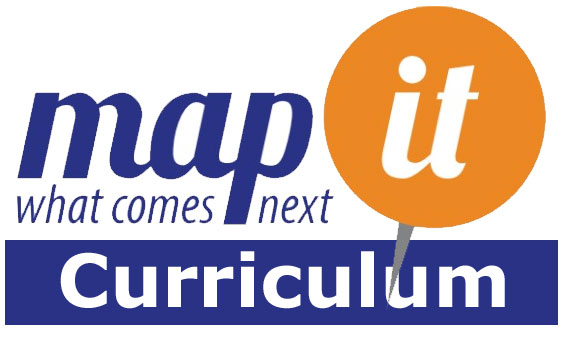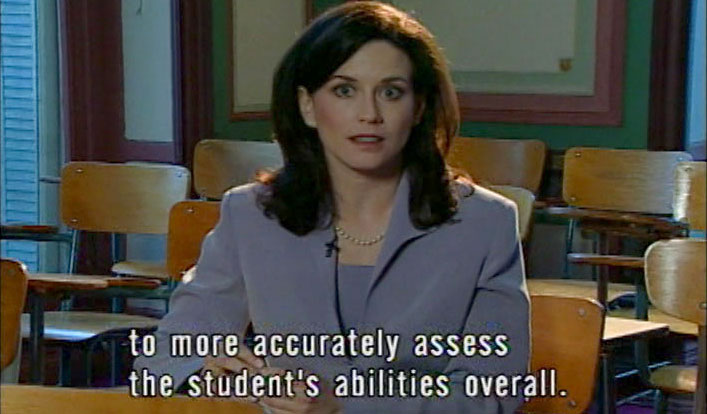8 Learning Center results found.

Expectations in Transition Meeting-Encouraging Student Participation
Transition planning for high school students has been going on in some formal way for over
two decades within the school system. Some states set the transition age at 14, and others
started the planning at age 16. In most cases, it was addressed as a separate process with its
own set of paperwork from that of the Individual Education Plan developed in an IEP meeting
where academic progress, classroom accommodations and other student needs were
addressed. The Individuals with Disabilities Education Act (IDEA) places emphasis on the importance of the transition planning process, with clear guidelines as to how planning should take place.
From Theresa Johnson, M.Ed. about educators, parents, transition, deaf

DCMP Helping Deaf and Hard Of Hearing Students in Transition
Transition is the buzz word in deaf services these days. Anyone who works in a mainstream or residential high school or anyone in vocational rehabilitation encounters this word frequently, especially around graduation time. The problem is that there does not seem to be a consensus on when to start the process or even what the process is. We all know that kids graduate high school—but then what? The Described and Captioned Media Program (DCMP) is doing their part to make sure that the "then what?" is not an ending but truly a commencement.
From Cindy Camp about educators

eLearning Modules for Students
DCMP has a variety of self-paced online learning modules designed for students and for teachers with students in transition. These modules are open to eLearners and full members. Click on the links below to read more about each module.
From about module, transition, blindness, deaf

Is Your Student Ready for What Comes Next?
Life is a series of transitions. Children face changes and challenges as they transition from kindergarten to first grade; from elementary to middle school; and from middle to high school. But perhaps the most challenging transition comes after graduation from high school, because there are so many choices. Teachers and parents often struggle to ensure that their students are ready for this major transition.
From Cindy Camp about educators, parents, transition

Map It Teacher Curriculum
The Map It curriculum, part of the Map It: What Comes Next Module, provides lesson plans, materials, and resources needed for educators and professionals to actively engage and guide students in the development of their self-determination and self-advocacy skills. The curriculum culminates with a student-focused transition plan and materials to support students' active involvement in the IEP process. It recognizes that educational settings and access to services vary across the country, creating different needs for students, educators, and professionals.
about module-resource, pepnet, transition


Amy's Start Toward a Successful Future:
Why is It Important to Talk About the Future?
When I was in 2nd through 4th grade, I started attending meetings to plan for my
future. My mom wanted me to be involved and listen to people in my meeting. In
the meeting, I felt so confused and overwhelmed when I listened to their
discussions about my future. In 5th grade, I was still attending the IEP (in Texas
they are called ARD) meetings to discuss my future and how to improve my
education. By this time, I was very upset and still did not understand why I had to
be involved in the meeting every year! My mom tried to explain why I had to
attend the meeting and why it was important, but I still did not want to attend
the meeting. Then, later when I was in the 6th through 7th grade, I finally started
to participate and discuss issues on how to improve my education and plan my
future a little bit at a time. Just in case, I had my advocate there to take over and
tell them about my classes if I needed help.
From Amy Johnson about educators, parents

Dual Enrollment Courses
Does your school offer dual enrollment classes? Dual enrollment allows students to take classes at a local college and potentially earn college credit while still in high school. There are many benefits beyond earning college credit. Students can get a taste of college coursework while still in a supportive home environment. They can take classes that might not be offered at their high school. And they can explore their interests without the stress of needing to declare a major.
about educators